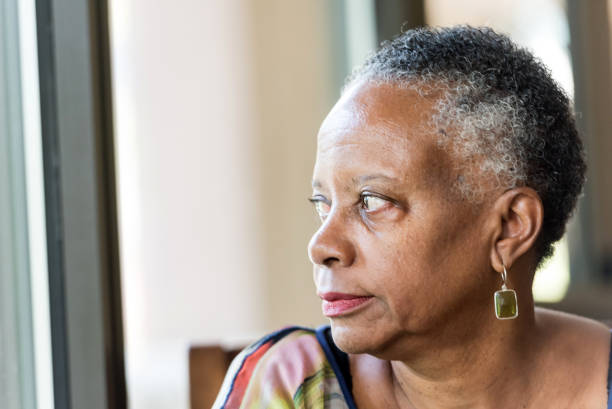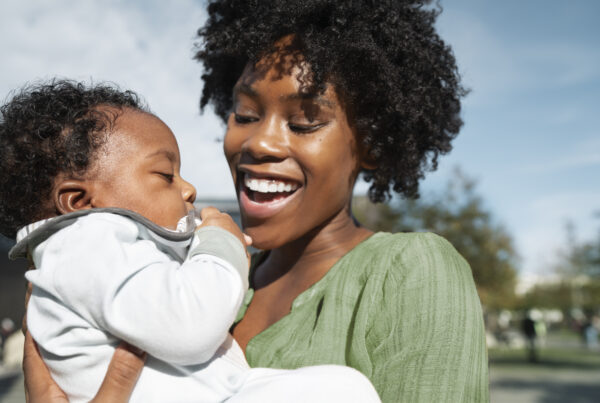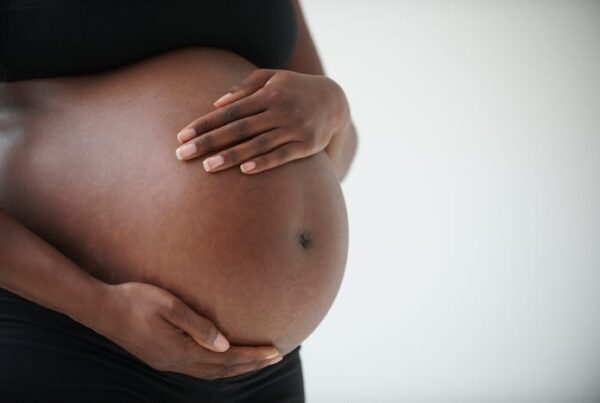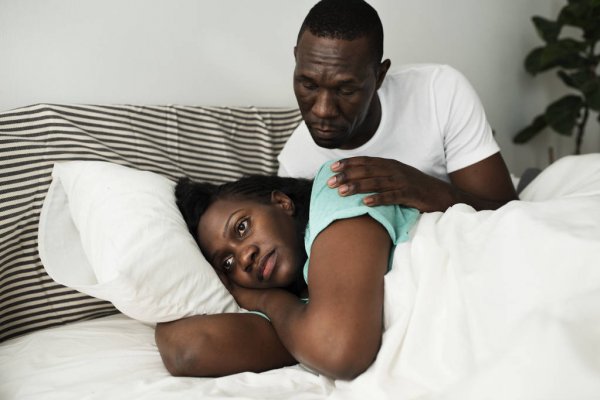There is no perfect time to conceive, even though you may have often been told that having a baby after you are 35 increases the potential risks. The fact remains, however, that conceiving and giving birth in your 40s is not as strange as anticipated.
Even though there are no direct health benefits of having a baby after 40, it is not unusual to find several women giving birth to their first babies in their 40s. If you belong to this category, you may find that seeking fertility treatment as soon as possible can help you have a successful pregnancy.
Many people over 40 are able to have healthy, safe pregnancies, and are glad that they waited. With the right healthcare and a healthy lifestyle, positive outcomes are possible.
A point to keep in mind is that age increases the risk of infertility because egg quality declines. The risk of medical conditions that have an association with infertility also increases. An older father could have a higher risk of infertility, and complications even when the partner is under 25.
Worse still, the success rate of infertility treatments declines with age, as well. After the age of 40, women have about a 5 percent chance of pregnancy per intrauterine insemination (IUI) cycle even as the success rate per in vitro fertilization (IVF) cycle is less than 20 percent, using own eggs.
Getting pregnant in your 40s isn’t all bad. If you are healthy and over 40, advanced age will not necessarily change how your pregnancy would feel or progress.
For instance, there is no evidence that the typical range of symptoms during the first trimester is worse or different in women over 40. Although the first trimester may be more stressful for other reasons, older age carries a higher risk of pregnancy loss, especially for women who have previously had miscarriages.
Also, the process of conceiving after 40 is no different for many people. Using ovulation predictor tests can help pinpoint the release of eggs. Monitoring basal body temperature can help check whether ovulation has occurred. Doing this is important as a woman age, as some women stop ovulating or do not ovulate as frequently.
To get pregnant in your 40s one of the biggest barriers to cope with is your fertility. Certainly, there are women who have no issues getting pregnant well into their 40s. Though statistically speaking, you are less likely to get pregnant and more likely to need the aid of fertility treatments the older you are when you are trying to conceive.
Your chance of getting pregnant in one year without fertility help in your late 30s is about 60 percent, this number is about 50 percent in your early 40s and drops to 1 percent or 2 percent by the time you are 43 -44
About one-third of women over 35 will get help from a fertility specialist, and that number increases with age—half of the women trying to conceive in their early 40s will do so. It is also important to note that the age of your partner impacts the health of your pregnancy.
In general, after the age of 35, if you have not conceived after 6 months of well-timed intercourse with no birth control, you should seek the help of a fertility specialist.
Every pregnancy carries the risk of miscarriage, but the risk goes go up with age. Part of that risk in your 40s is that you are more likely to have a chronic condition at this point in your life than previously.
A chronic condition like diabetes, high blood pressure, or thyroid disease can complicate your pregnancy and potentially increase the risks of miscarriage and pregnancy loss, including stillbirth. This is one of the reasons that preconception care is very important. By meeting with your practitioner prior to pregnancy, you can minimize these risks by getting a chronic condition under control.
Another concern with a midlife pregnancy will be your overall fitness level. If you are already experiencing the aches and pains commonly associated with midlife, you may find some of the physical symptoms of a changing pregnant body to be more pronounced. The good news is that if you are already exercising, there is usually no reason to stop.
Pregnancy alters your emotion via hormones. The mood swings that can accompany pregnancy are well known. This should not be much different due to age. Though, as a more mature woman, you probably have something your younger counterparts do not—the ability to cope with these changes more effectively.
Pregnancy in your 40s is potentially more complicated. The healthier you are at the beginning, the less likely you are to experience complications. But even healthy women can have complications in pregnancy. You also have a higher chance of having multiples, such as twins or triplets.
With getting pregnant and staying pregnant out of the way, labour has a higher risk of being more complicated and resulting in more complications for you. If it is not your first baby, the risk of preterm labour and birth is less than a mother having her first baby over 40.
Talk to your doctor. It might be helpful to find a practitioner experienced in birth with older mothers. Your attitude also matters. While there are certainly challenges to overcome in your 40s when it comes to getting pregnant and having a baby, you are not alone. With proper prenatal care, the chances of you having a healthy baby are good.





